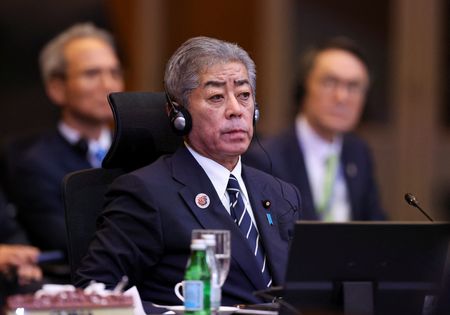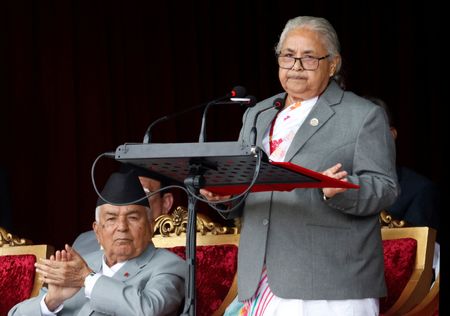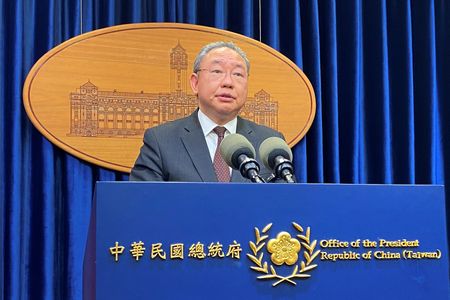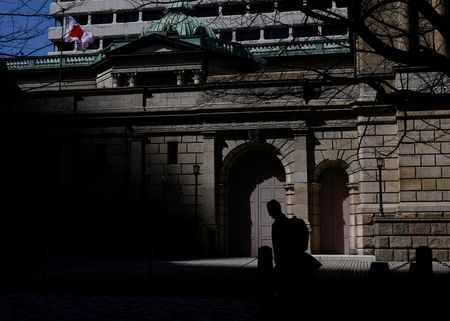By Mei Mei Chu
BEIJING (Reuters) – “Evil Unbound”, which depicts Japanese germ warfare during World War Two, set a first-day box office record among the war films released in China this year, as Beijing seeks to highlight Tokyo’s war-time actions and what it calls a lack of accountability.
The film dramatises the Japanese military research base Unit 731 in northeastern China that was notorious for live human experiments. “Evil Unbound” took in more than 345 million yuan ($48.5 million) on Thursday, according to ticketing platform Maoyan.
The depiction risks inflaming tensions between China and Japan, which occupied parts of China before and during World War Two.
According to Chinese state media, Unit 731 conducted tests from the mid-1930s to 1945 on an estimated 3,000 Chinese, Korean, Russian and Mongolian prisoners to develop germ weapons, including anthrax and bubonic plague bombs. None survived the experiments.
Japan’s Foreign Ministry did not immediately respond to a request for comment on the film and on Unit 731’s activities.
Prime Minister Shigeru Ishiba, asked in parliament earlier this year about Unit 731’s actions, said the means to verify the facts had been “lost with history”, Japanese media reported.
“The film focuses on the wartime atrocities of Japan’s Unit 731, exposing long-concealed truths in certain countries and serving as part of China’s efforts to promote historical justice and strengthen its voice on the global stage,” the state-run Global Times wrote, citing an associate professor at Nanjing Normal University, Zhang Peng.
The movie follows the tribulations of fictional Chinese prisoner Wang Yongzhan, depicted as an anti-Japanese hero leading prisoners to escape. Several graphic scenes of torture are shown as Wang uncovers the various laboratories and a crematorium.
The movie is set to be released in numerous countries including Australia, the United States, Singapore, and South Korea. It will not be screened in Japan.
The Japanese embassy in China last week issued a security advisory cautioning Japanese nationals to be “vigilant against anti-Japanese sentiment” due to related films, drama and events held in conjunction with the World War Two anniversary.
China has released at least four World War Two films this year retelling events including the 1937 Nanjing massacre and the 1942 sinking of Japanese cargo liner Lisbon Maru as it marked 80 years since the end of the war, as well as hosting a lavish military parade.
($1 = 7.1113 Chinese yuan renminbi)
(Reporting by Mei Mei Chu; Editing by Lincoln Feast.)








